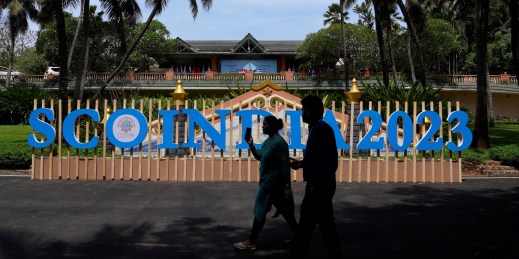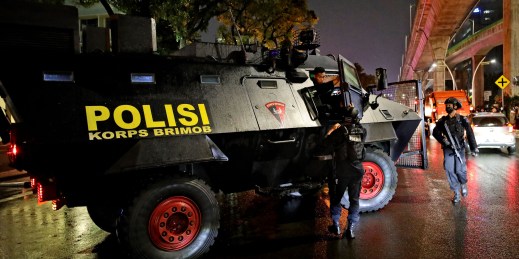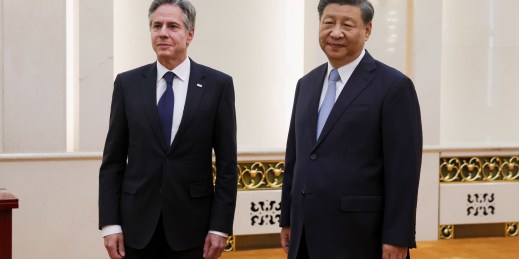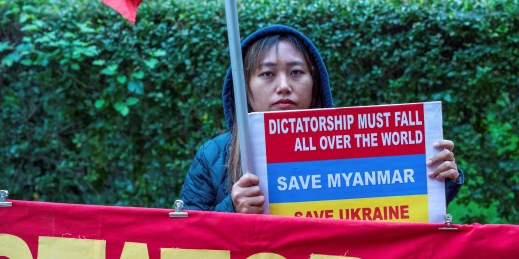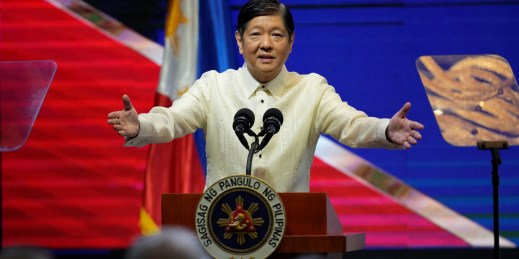
Just over a year ago, Philippine President Ferdinand Marcos took office, marking a stunning comeback for his family’s notorious dynasty and triggering concerns among opposition figures and many foreign observers. But over his first year in office, Marcos has embraced a politics of prudence, adopting a traditional policy outlook.

